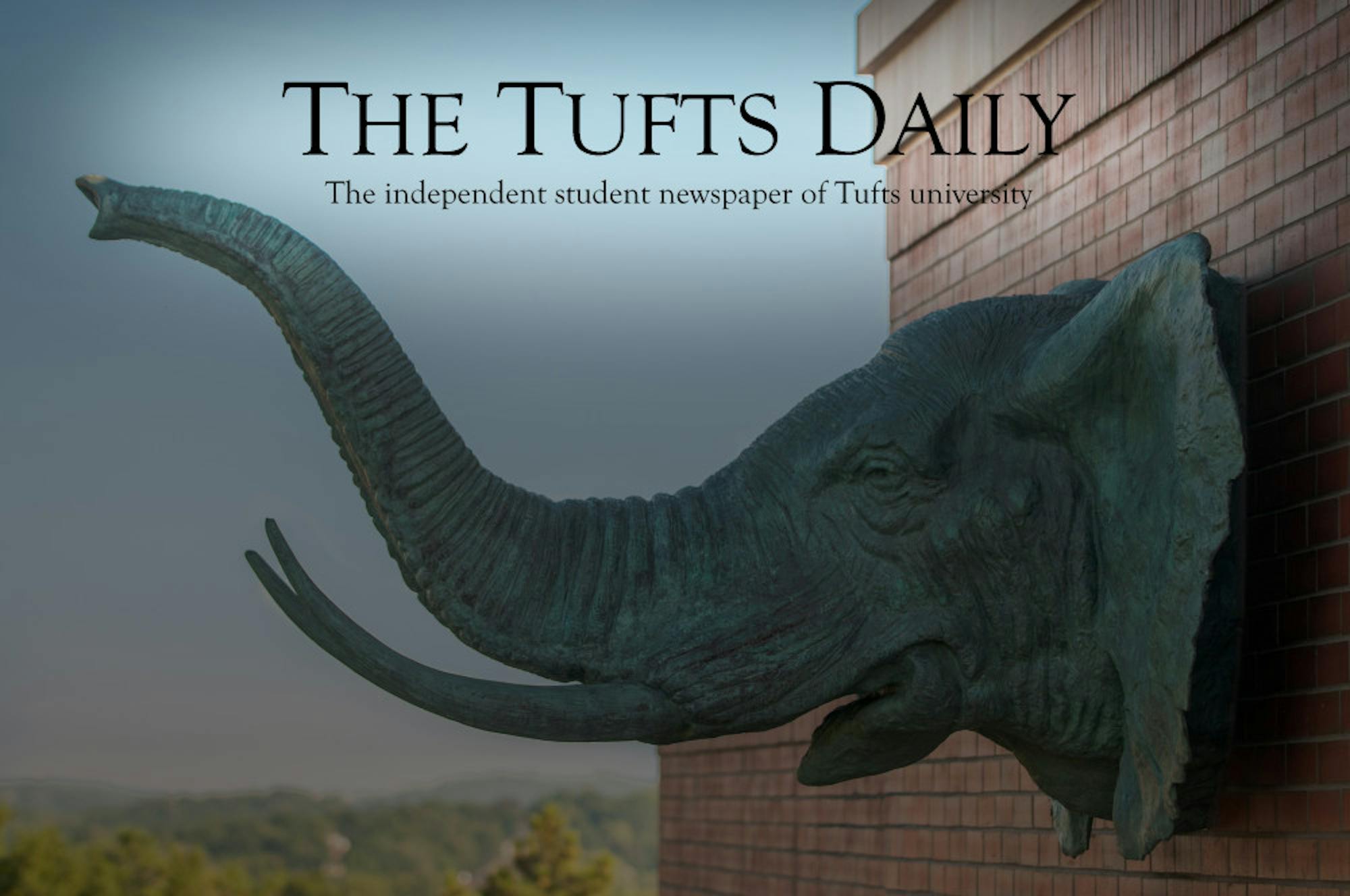Boston’s City Hall Plaza was transformed this past weekend, the usual unsightly concrete and brick monstrosity converted into a bustling, bubbling concert venue for Boston’s own, second-ever music festival, Boston Calling. Last May, the plaza hosted Boston Calling’s inaugural show, which was a huge success despite long lines, wind and rain. This time around, the festival certainly exceeded expectations — the September edition brought better weather, big crowds and an even broader range of some of the best acts in music right now.
Technically a “multi-stage” event, the two stages at Boston Calling were not intended to double the dosage of music, but were rather a strategic set-up aimed to enhance the spectator experience. Because the plaza is confined by high-rise buildings and outside traffic, two groups wouldn’t have been able to play simultaneously — the music would compete too much. Instead, the two stages were used to ease transitions between performances, as subsequent acts alternated between both, allowing crew members to prep for the next act on whichever stage was not in use. This timesaving tactic cut down turnover time between sets to nearly nothing and was almost too efficient. Like a game of ping-pong, hoards of fans had to rush back and forth across the plaza to make sure they didn’t miss the next artist’s opening number.
Apart from the rapid stage rotation, the overall atmosphere at Boston Calling was leisurely and relaxed. A relatively easy re-entry policy helped dispel the overwhelming feeling of claustrophobia that sometimes accompanies crowded concerts, and the open area setting ensured that almost every spot was a good vantage point. With a shaded beer garden for the 21-and-up crew, and various food stands surrounding the festival’s perimeter (including Somerville favorites Kickass Cupcakes and Flatbread Company), attendees were well provided for throughout the day.
Day one of the festival channeled the same indie-rock style that characterized the last May’s show. Catering to a diverse audience, Saturday’s line-up appealed to people from all walks of life: adults and college kids, old-timers and teens. Even a few babies (with earplugs) were spotted in tote with their parents at Government Center, all eager to hear the bouncy, brass-filled tunes from Texas band Okkervil River or the echo-y, ethereal voice of Britain’s Bat for Lashes. With a plethora of other acts — including The Gaslight Anthem, Local Natives and the highly anticipated headliner, Vampire Weekend — Saturday’s schedule offered something for everyone.
Perhaps the most charismatic band on Saturday, The Airborne Toxic Event electrified crowds with a high-energy performance that carried a slightly grittier pop-rock sound than previous acts. Throwing guitar picks out to the audience after their opening song, the band delighted concert-goers with cheeky stage tactics and a playful, conversational demeanor — at one point, lead singer Mikel Jollet climbed a tower of scaffolding, eliciting cheers and laughter from hoards of fans. Measured, beat-driven songs like “Changing” flowed seamlessly into quieter, more melancholic hits like “Sometime Around Midnight,” during which classically-trained musician, Anna Bulbrook, drew heavy, sorrow-filled notes from the viola.
Though more mellow by nature, up-and-coming Brooklyn-based quintet Lucius was no less impressive. Each member entered the stage donning black glasses, female lead singers Jess Wolfe and Holly Laessig wore matching blonde bobs and mod black and white dresses. Starting off with their airy, electronic new single “Tempest,” Wolfe and Laessig showcased their airy, almost angelic voices in perfect harmony. Later, “Go Home,” a lonely, western-tinged ballad, had people swaying along slowly to the rhythmic plucking of the base and the high-pitched, twangy guitar. The only regrettable thing about Lucius’ set was that — because of their early timeslot — fewer people were there to hear such an innovative group.
Saturday featured smoother, head-bobbing music, but Sunday’s edgy, electronic aura induced full-body dancing and attracted a noticeably younger audience. Catering to a 25-and-under crowd, Boston Calling’s second day was chock-full of body paint, neon-framed sunglasses and crop tops. With acts like popular rapper Kendrick Lamar, DJ Diplo’s dancehall project, Major Lazer and indie-pop headliner Passion Pit, Sunday’s concert was the antithesis of the previous day.
Sunday’s sound was markedly more artificial, evident by the increased presence of laptops and synthesizers on stage. In the midst of a sea of synthetic songs, R&B artist Solange stood out as one of the event’s main highlights. Mixing funk-based undertones with a thick, groovy bass and cheerful, tinkling keyboard, the singer was a welcome break from the norm. Showcasing her wide-ranging vocals and undeniable charisma, Solange’s energy was infectious, a sure crowd-pleaser.
She wasn’t the only one. Flume, an electronic music project from Australia’s Harley Streten, was another fan favorite. With the bass blasting so hard it made listeners’ eardrums tickle, Flume was a force to be reckoned with. Contagious beats and addicting, layered loops made it almost impossible not to dance during his performance.
All in all, Boston Calling merited wholly positive reviews from attendees. With a smart, navigable layout and an eclectic two-day line-up, the only disappointment is that Bostonians will have to wait until 2014 to see the next show.






